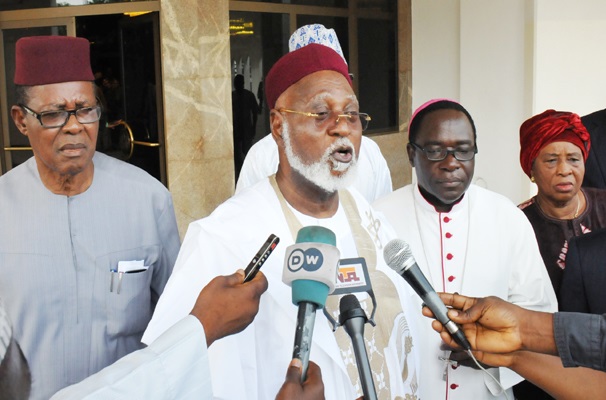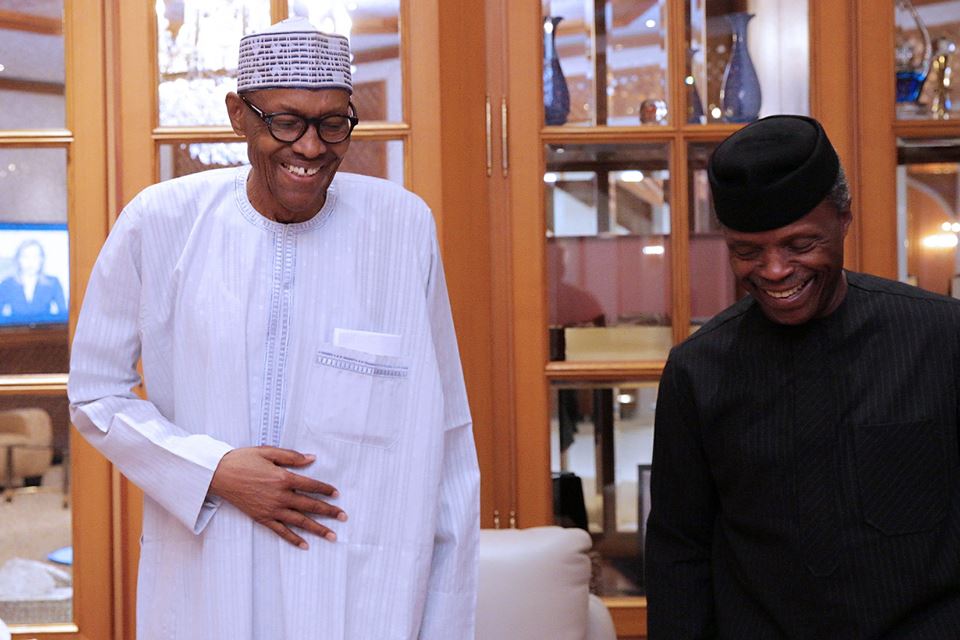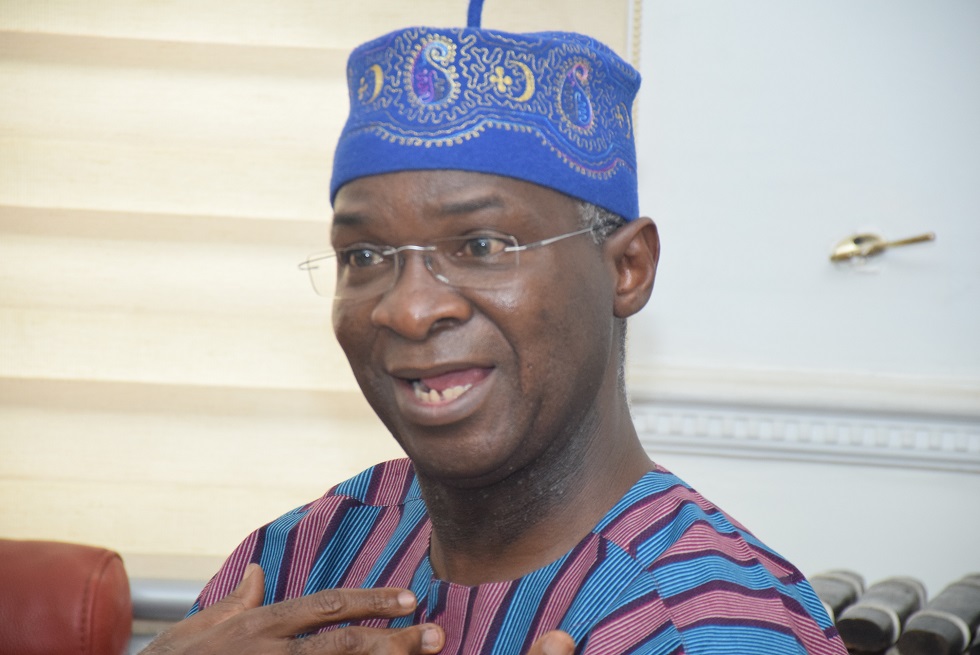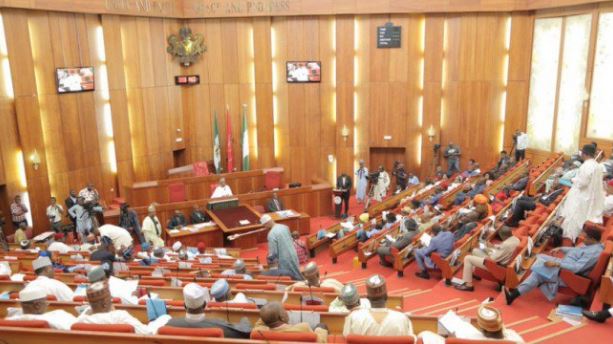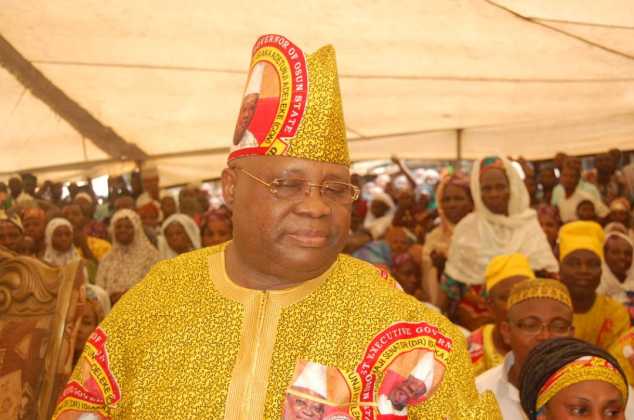The national peace committee has scolded non-performing public officials in the country, saying the recent calls for division in the country are evidence of poor governance.
In a statement by Abdusalami Abubakar, chairman of the committee, and Matthew Kukah, its convener, the committee said Nigerians “need an effective state that they can call their own”.
Condemning the recent hate speeches and calls for secession in some quarters, the committee admitted that such agitations are sources of “serious concern.”
“The national peace committee acknowledges that the drums of rising division also reflect the perceptions by our citizens that there is poor governance in Nigeria today,” the statement read.
Advertisement
“In many parts of the country, young people who have been left without means of livelihood or hope in their future have become converts to radicalisation preached by demagogues in
various guises including ethnicity and religion.”
While commending Acting President Yemi Osinbanjo on the recent peace talks with leaders from various parts of the country, the committee also appealed to the leaders to reinforce the message of peace and unity as preached by the acting president.
“We cannot afford at this or any other time to stoke the fires of hate and divisiveness in our body politic especially when ordinary Nigerians are engaged in difficult struggles to secure their livelihood, amid rising insecurity and increasing fear,” the statement read.
Advertisement
“We have lost too many of our citizens to random and diverse acts of violence, have many more maimed for life or living in displacement.”
It noted that the country, more than ever, needs a government at all levels that works for the people, “with commitment to respect for the rule of law and to the security and well wellbeing of persons and
communities in the country.”
The committee advised that the on-going peace talks should be broadened into a honest dialogue with all segments of the Nigerian population to ensure that ordinary citizens are carried along in the formulation and implementation of government policies.
It also urged the government to “urgently work with the private and voluntary sectors to put in place measures to address the crisis of skills and jobs as key vectors of radicalisation as well as “review, update and enforce all laws relating to citizenship in Nigeria to ensure the equality of all under the law”.
Advertisement
Add a comment

